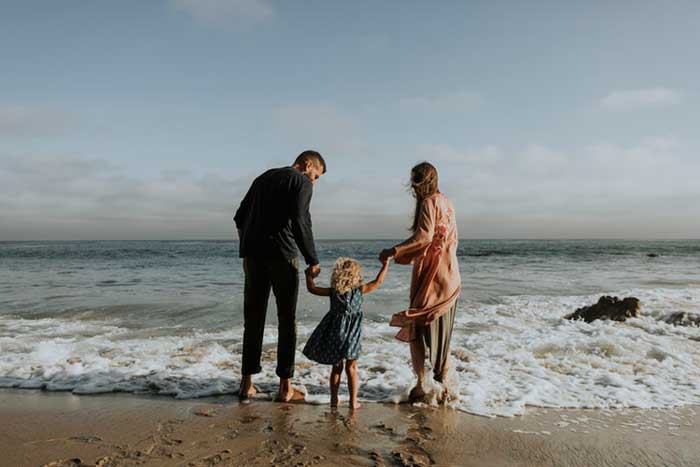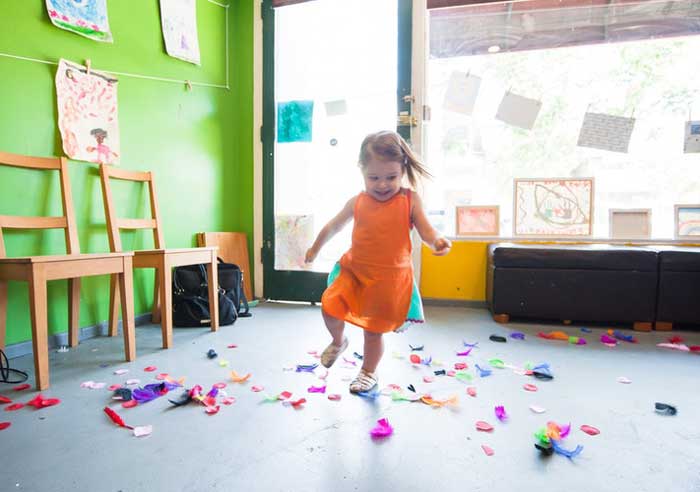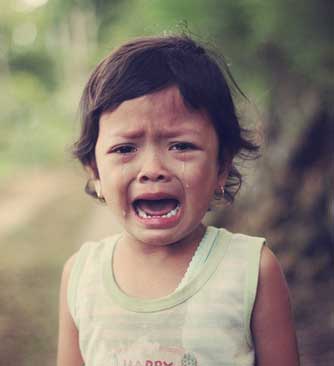5 Popular Parenting Tips That Are Dead Wrong
In raising children, nothing can be more annoying than uninvited advice from unfamiliar people. Parenting tips are needed, but we want to receive them from reputable psychologists. At the same time, professional tips very often become especially harmful: unconstructive by nature, they always look well-reasoned and logically aligned. Today, we will analyze popular tips about education given by psychologists and will tell you why they cannot be trusted.
 1. Distraction method
1. Distraction method
The child needs to be distracted from negative emotions. So, when he is upset or just does not listen, you can try to draw the child’s attention to something more interesting.
Of course, there are situations in which the distraction method works. If the child cannot focus, if he is bored and capricious because of lack of impressions, he must be taken out of this state. In addition, you need to take age into consideration. For example, a two-year-old child needs to be distracted because he is not able to comprehend reasonable arguments when he is blocked. He has a different problem to solve – to obey or not.
A preschool kid at the age of three or four years sees the situation differently: if he does not obey, he usually fights for power this way. If he is upset, he must be comforted, like a baby. You should also find out the cause of his disappointment. If the child has got angry, there is no point in distracting him. You can try to distract his attention, but it won’t help. Anger will not disappear.
At an older age, from four to six years old, one must talk to the child, appealing to his mind.
2. The child should understand what he is doing
In some cases, when the child’s behavior goes out of control and explanations do not work, it makes sense to “mirror” his actions. If he hits – hit in response, if he bites you – bite in return. He will understand that it hurts and develop empathy.
He will not learn empathy after physical impact. Mirroring does not mean hitting back. Mirroring of the action has a zero (if not negative) effect and does not lead to any result. Mirroring concerns feelings and emotions. First of all, speak about what is going on and discuss why it happens. The child has hit his mom, dad, or a younger brother – first, you have to say that the child wants to hurt someone because he is very angry. And then work with this emotion.
It happens that the actions are repeated regularly. They are worth working with more deeply, you need to look for the reasons of these emotions rather than analyze their expression. It’s more complicated, it takes time and endurance. But if you respond with an action, the only result is that the child will be afraid, and the reason for that behavior will not disappear. Do not underestimate the word “forbidden”. All children understand this word if it is used for its intended purpose. The child is forbidden to beat mother, the child is forbidden to kick her. The child is forbidden to stick fingers in a socket. Beating and biting children are categorically forbidden too.
3. You must teach the child to share
When the child comes to the sandbox, he should share toys, if he has sweets, and other children don’t have any, he must share them with others. These are the elementary rules of politeness, which, moreover, accustom the child to generosity.
No, this will teach the child that his borders will be violated by anyone and at any time. It is not very appropriate to use the word “accustom” here. The child is not a dog to be trained or accustomed, one day he will want to share with someone, who is nice or dear to him. If he does not do that – and this can last till three or even four years of age – he is absolutely right. His toys are part of himself, and he has every right to play with them, not sharing them with anyone. If he is “accustomed” to sharing, he will realize he does not have anything that belongs to him alone.
In a situation when your three-year-old kid’s toy is taken away, you must take his side and help him regain it, but without hurting other children. At the same time, you can gently offer the kids to exchange their toys: for example, you take another kid’s toy car, and that child will play with your toys.
4. It is necessary to “introduce” the child to society from the earliest age
Teach him to say hello, to thank, to say goodbye, to ask “may I”, and not to shout in public. Not to run where it is inappropriate, not to interrupt. Your child is your reflection, so he must match you.
The parent, first of all, must look at himself: how does he behave? Does he correspond to his own expectations? Does he greet everyone, say thank you or goodbye? If so, it will not be difficult to teach the child because children like to imitate what adults do. However, children are often shy and hide behind their mother or father when asked to say hello. There is nothing to worry about, and you just need to accept it. With time it will change.
As for running, you also need to first look at the parents: why is it so important for you to see the child walk along the street calmly rather than a jump? A kid, be it a boy or a girl, must jump. Feeling shy because of the child’s behavior is the parents’ problem, which is rooted in their childhood. They were ashamed to behave this way when they were at the same age as their children. Still, parents should offer a model of behavior to the child. For example, if you see a mother with a baby carriage approach you, you can say: “Hush, the baby is sleeping, so let’s be quiet for a while.”
5. If a child gets hysterical, one of the most effective methods is to leave him alone
This is his emotion, he needs to live through it and learn how to cope with such a state. He will not hear your admonitions at this moment, but you really should not lose your temper, so just leave the room. Believe it or not, he will calm down very soon.
This can be done by no means. The kid is already panic-stricken, he is very scared. Hysterics arise because the child feels he is not omnipotent. His coordinate system collapses, it is very difficult for him to experience this. At this point, it is very important not to let this system collapse completely, you need to help the child reshape it. Therefore, you should not leave him alone at this moment.
If the child is hysterical and left alone with this emotion, he understands the parents’ action as follows: “We love you as long as you behave in a good way. When we do not like your behavior, we do not love you.”
So, next time you come across another article called “the most important tips given by psychologists on how to raise children”, think twice before following them.




